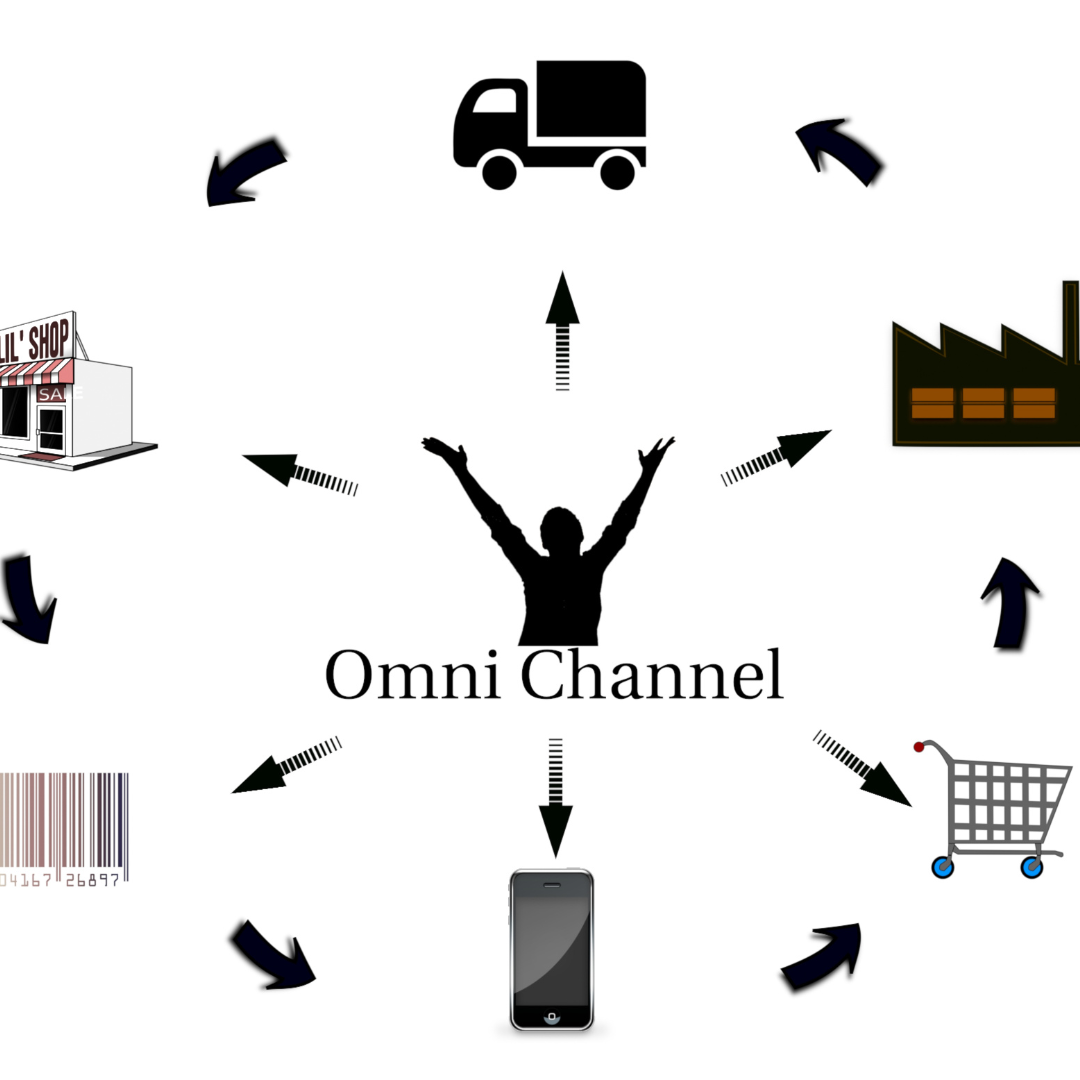In a rapidly evolving business landscape, companies increasingly seek ways to streamline their operations. Outsourcing can fundamentally improve operational efficiency by allowing firms to focus on their core competencies and reduce operational expenses. By delegating non-essential tasks to external experts, organizations can allocate resources more effectively and enhance their productivity.
Outsourcing not only helps in cutting costs but also provides access to specialized skills and technology that may not be available in-house. This shift can lead to faster execution of projects and improved quality of services. Companies benefit from the flexibility of scaling operations up or down based on demand, which further contributes to operational efficiency.
As businesses strive to remain competitive, understanding the advantages of outsourcing becomes crucial. By embracing this strategy, firms can navigate challenges more adeptly while ensuring they maintain a focus on their growth and innovation goals.
The Concept and Advantages of Outsourcing
Outsourcing is a strategic approach that involves delegating specific functions to external entities. This practice enhances operational efficiency by allowing organizations to focus on core business activities while leveraging the expertise and resources of specialized providers.
Defining Outsourcing and Its Relevance to Efficiency
Outsourcing refers to the delegation of tasks or services to third-party providers. This strategy is relevant to efficiency as it allows businesses to optimize resources. By outsourcing non-core functions, an organization can direct its attention and capital towards enhancing core competencies.
This can lead to increased productivity as staff can focus on high-value tasks. In turn, this efficiency often translates into improved service delivery and customer satisfaction. With specialized providers handling specific services, companies can leverage their expertise to enhance operational output.
How Outsourcing Provides a Competitive Edge
Engaging in outsourcing can significantly enhance a company’s competitive edge. By utilizing external resources, organizations can innovate and adapt more quickly to market changes. This flexibility enables businesses to respond to customer needs more rapidly.
Moreover, outsourcing allows companies to access a wider talent pool. They can benefit from the latest technologies and methodologies without significant investment. Such access helps firms remain agile, which is crucial in a fast-paced business environment.
Key Benefits: Cost-Effective Solutions and Scalability
One of the primary advantages of outsourcing is cost-effectiveness. By outsourcing certain functions, a business can reduce overhead expenses associated with hiring, training, and maintaining staff. Furthermore, this approach allows for scalability, enabling businesses to adjust to changing demands swiftly.
For example, a company can easily scale its operations up or down based on project requirements. This level of flexibility helps organizations maintain efficiency without compromising quality. As a result, businesses can allocate resources where they are most needed, which enhances overall performance and supports strategic growth initiatives.
Strategic Implementation of Outsourcing
Effective outsourcing requires careful consideration and alignment with organizational goals. Companies must adopt a strategic approach to ensure that the benefits of outsourcing are fully realized, particularly in areas such as technology and core business functions.
Aligning Outsourcing with Business Objectives
It is crucial for businesses to align outsourcing initiatives with their strategic objectives. Before outsourcing, organizations should assess their current capabilities and identify areas where outsourcing can add value. This alignment ensures that resources are directed towards achieving specific goals.
A clear framework helps in selecting suitable outsourcing partners. Businesses should evaluate potential partners based on their ability to meet defined objectives and enhance operational efficiency. Regular assessments of outsourcing outcomes against business metrics will measure effectiveness and enable necessary adjustments.
Managed IT Services to Enhance Efficiency
Managed IT services play a significant role in improving operational efficiency. By outsourcing IT functions, companies can leverage the expertise of specialized providers. These services include network management, cybersecurity, and cloud solutions.
Engaging with a managed IT service provider allows businesses to streamline operations. They gain access to the latest technology and skills without the burden of in-house management. This model often results in reduced operational costs and improved service delivery.
Focus on Core Competencies
Outsourcing non-core functions enables businesses to focus on their core competencies. This practice allows companies to concentrate resources on the areas that drive growth and innovation. By delegating tasks such as customer service or accounting, they can enhance productivity.
By honing in on core activities, businesses can foster greater expertise and efficiency. External partners can manage routine tasks effectively, letting employees dedicate their time to strategic initiatives that contribute to competitive advantage. This strategic implementation of outsourcing ultimately drives operational success.
Mitigating Risks and Ensuring Quality in Outsourcing
Effective risk management and robust security measures are essential for organizations engaging in outsourcing. By establishing clear strategies, companies can enhance operational efficiency while safeguarding their interests. Careful attention to disaster recovery and compliance helps maintain quality throughout the outsourcing process.
Risk Management and Security Measures
A comprehensive risk management strategy forms the backbone of a successful outsourcing initiative. Companies should begin by identifying potential risks specific to their operations. Key areas include:
- Vendor Reliability: Assessing the reputation and track record of potential outsourcing partners.
- Contractual Safeguards: Establishing clear terms to protect sensitive information and intellectual property.
Implementing strong security measures is crucial. This includes continuous monitoring of vendors’ security practices and ensuring adherence to industry standards. Organizations must also invest in training their teams on cybersecurity protocols to mitigate human error.
Ensuring Continuity: Disaster Recovery Plans
Every organization should have a disaster recovery plan tailored to outsourcing practices. This plan should define processes for maintaining operations during unexpected events. Essential components include:
- Backup Procedures: Regular data backups are stored securely offsite.
- Communication Protocols: Clearly established lines of communication with outsourcing partners during disruptions.
These measures help minimize downtime and ensure that critical business functions remain operational. Regularly testing the disaster recovery plan is vital to ensure readiness for any unforeseen circumstances.
Addressing Data Breaches and Compliance
Outsourcing introduces data vulnerability. Companies must proactively address potential data breaches by implementing stringent security measures. Essential steps include:
- Regular Audits: Conducting audits of vendors to ensure compliance with data protection regulations.
- Incident Response Plans: Having a clear plan for responding to data breaches, including timely notification processes.
Staying compliant with industry regulations like GDPR or HIPAA is crucial for avoiding penalties. Continuous training for employees on compliance and data protection is also necessary to reduce risks associated with outsourcing.
Future Proofing Through Technology and Innovation
Investing in technology and innovation through outsourcing can significantly enhance operational efficiency. By streamlining processes and integrating advanced solutions, businesses can remain competitive and responsive to market changes.
Adopting Technological Advances
Outsourcing enables organizations to tap into new technological advancements without substantial upfront investment. They can leverage specialized firms skilled in automation, software development, and data analytics.
Benefits include:
- Cost Efficiency: Reduced expenses related to in-house development.
- Expertise Access: Ability to utilize experts in cutting-edge technologies.
- Quick Implementation: Faster deployment of new systems.
These advantages help organizations stay relevant and adapt their operations efficiently.
Embracing Innovation for Sustainable Growth
Organizations must foster a culture of innovation to achieve sustainable growth. Outsourcing partners can introduce innovative practices that enhance productivity and support environmental initiatives.
Key strategies may involve:
- Implementing green technologies.
- Developing eco-friendly products.
- Reducing resource consumption.
Such innovations position businesses to meet growing consumer expectations while minimizing their environmental impact.
Reducing Time to Market with Outsourcing Solutions
Outsourcing can significantly reduce time to market for new products and services. By partnering with specialized firms, organizations can expedite development cycles and launch timelines.
Key factors include:
- Streamlined Processes: Outsourcing allows firms to focus on core competencies while external experts handle specific tasks.
- Agile Development: Utilizing external resources enables more flexible and responsive development methodologies.
- Accelerated Testing: Quick access to testing services helps identify issues earlier in development.
Reducing time to market not only increases competitive advantage but also allows for quicker adaptation to evolving customer needs.







